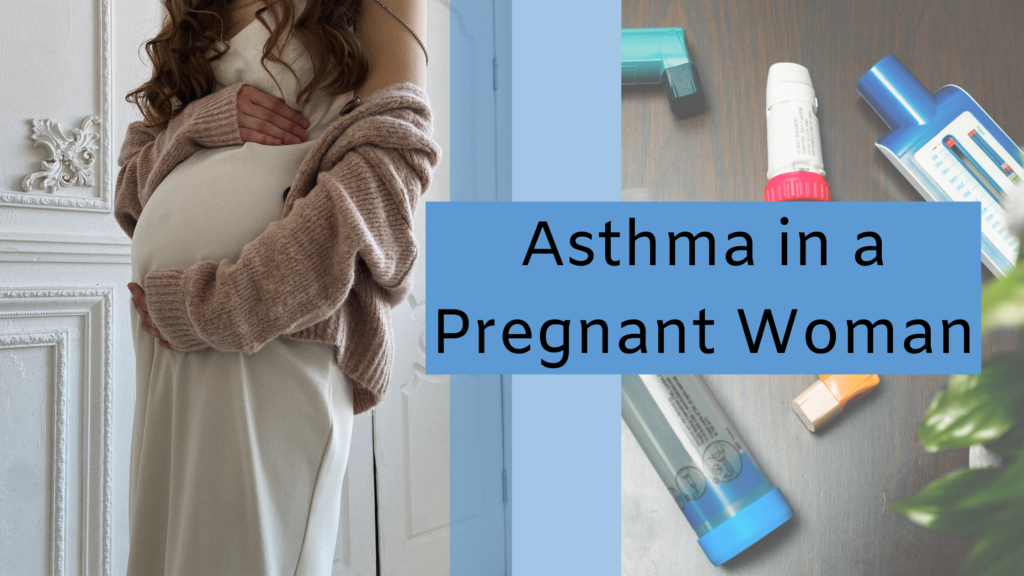Asthma is a common ailment especially in case of younger people. Unlike most other chronic diseases which do not commonly occur during the child-bearing age, it is not uncommon for asthma to affect the pregnant woman when it becomes an exaggerated cause of worry. Even the mildest forms of cough and breathlessness are taken with greater seriousness and concern. Besides the health and suffering of the patient, there are added fears regarding the safety of the ‘child in the womb’ and the complications of pregnancy.

Routinely, symptoms of cough, breathlessness and nasal catarrh are managed by the obstetrician who looks the patient during pregnancy. Consultation of the best pulmonologist is however required whenever the conditions is long lasting and apparently non-responsive to the treatment. It is important that the best pulmonologist’s opinion is sought in all such cases at the earliest.
Following are some of the important concerns which a pregnant woman with baby in her womb is likely to ask the pulmonologist:
Q1. Will asthma affect my pregnancy adversely?
Ans: Mild and stable asthma does not usually cause adverse affects. But uncontrolled asthma can lead to complications besides affecting your health. It is very important that you must continue with treatment throughout your pregnancy.
Q2. Can asthma treatment cause any problem during pregnancy?
Ans: Generally not. Asthma according to the pulmonologist’s advice is best managed with asthma-inhalers. Most of inhaler treatment is very safe.
Q3. How will my asthma behave during pregnancy?
Ans: It is variable. Asthma can remain stable as at present. It can worsen in a small number of pregnant women when the treatment will require alteration. It can also get better in which case the drug dose may actually be stepped down. You should continue to follow the medical advice rendered to you.
Q4. What are the chances of my child suffering from asthma?
Ans: Some of the genetic diseases can be accurately diagnosed with Pre-implantation genetic testing (PGT) during In-vitro fertilization. But the chances of asthma in the child cannot be accurately predicted. Asthma does have a familial tendency and run in families. It is possible, but not necessary, that the child will suffer from the problem.
Q5. Can I breast feed my child?
Ans: Yes, you should. Most of asthma treatment is safe during lactation. In fact, there is some evidence to say that the chances of development of asthma are less in children fed on mother’s milk.
Q6. I just cannot use an inhaler. Instead, can I use tablets?
Ans: Inhaler treatment should not be substituted for this reason. Use of dry powder inhalers is not difficult. You need to patiently listen to your doctor, follow the instructions carefully and practice. Using inhalers is easy to learn. Your inhalation-counsellor at the best chest centre can help and guide you.
Q7. I learn that most asthma inhalers contain corticosteroids. I am very scared of their side effects.
Ans: It is true that corticosteroids have multiple side effects especially when given for long periods. Inhaled corticosteroids are quite safe – very small does in micrograms. You must not develop a phobia of corticosteroids. They are very useful and life saving drugs when used according to the well laid scientific principles.
Q8. Can the steroid inhalers be similarly used for short periods during acute attack?
Ans: Generally no. The steroid inhalers are required to be used for maintenance treatment. Their long term use is fairly safe and cannot be equated with steroids taken orally.
If you known more about asthma? Contact- Jindal Chest Chandigarh
